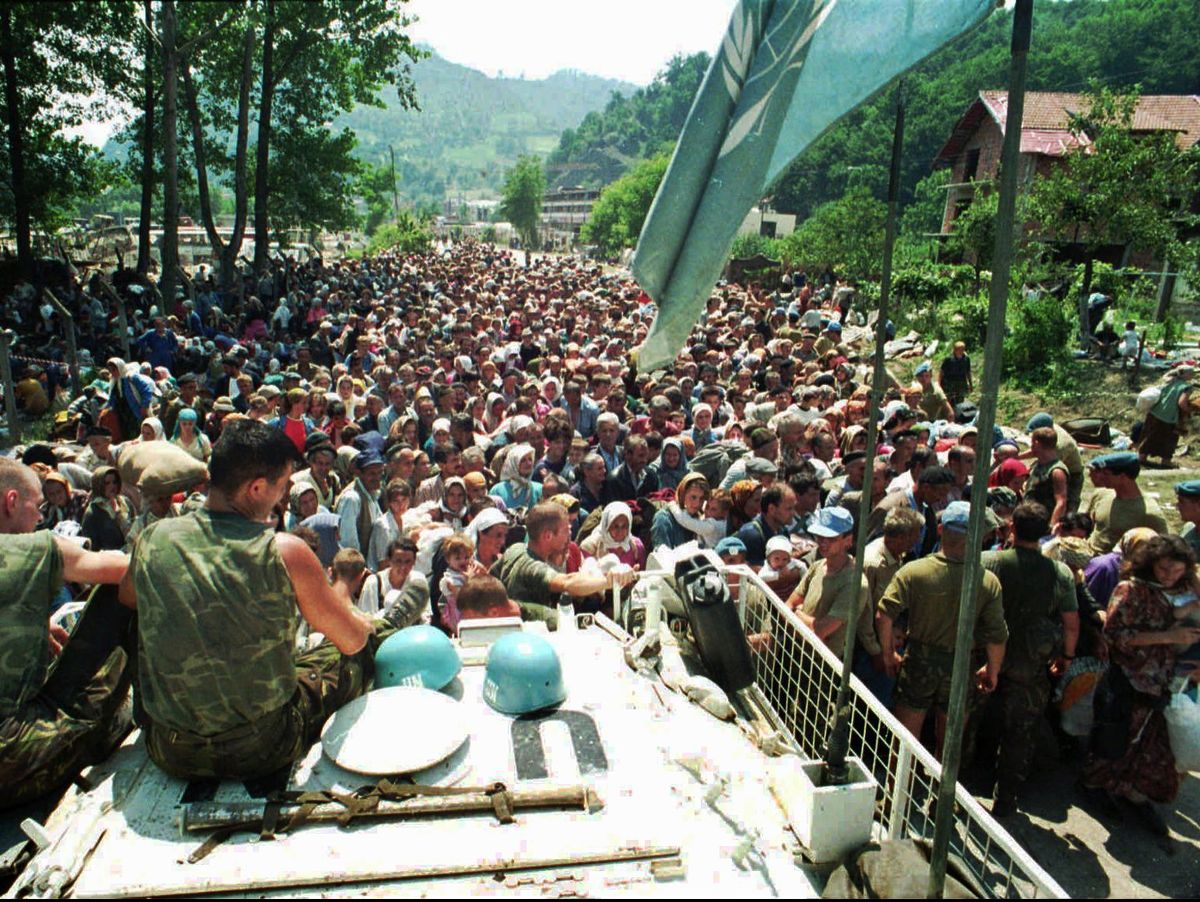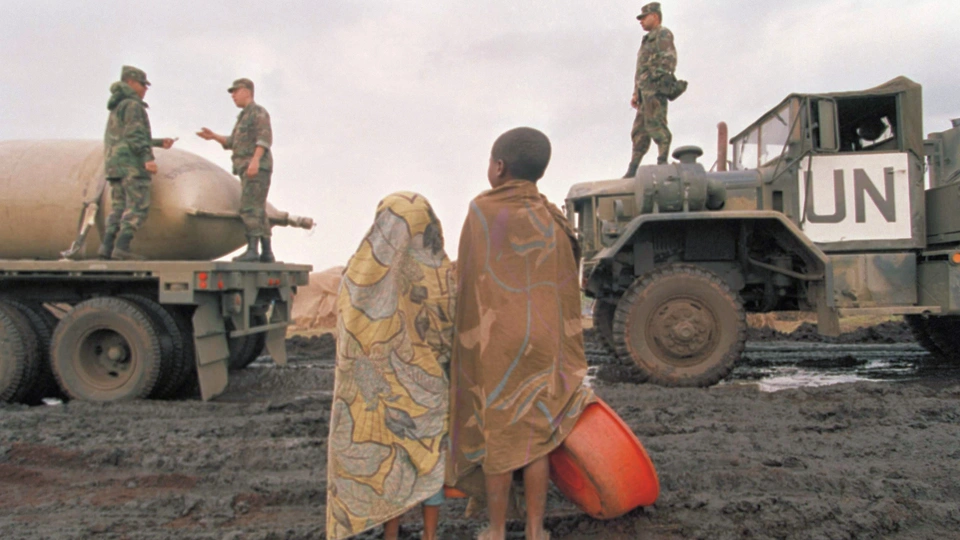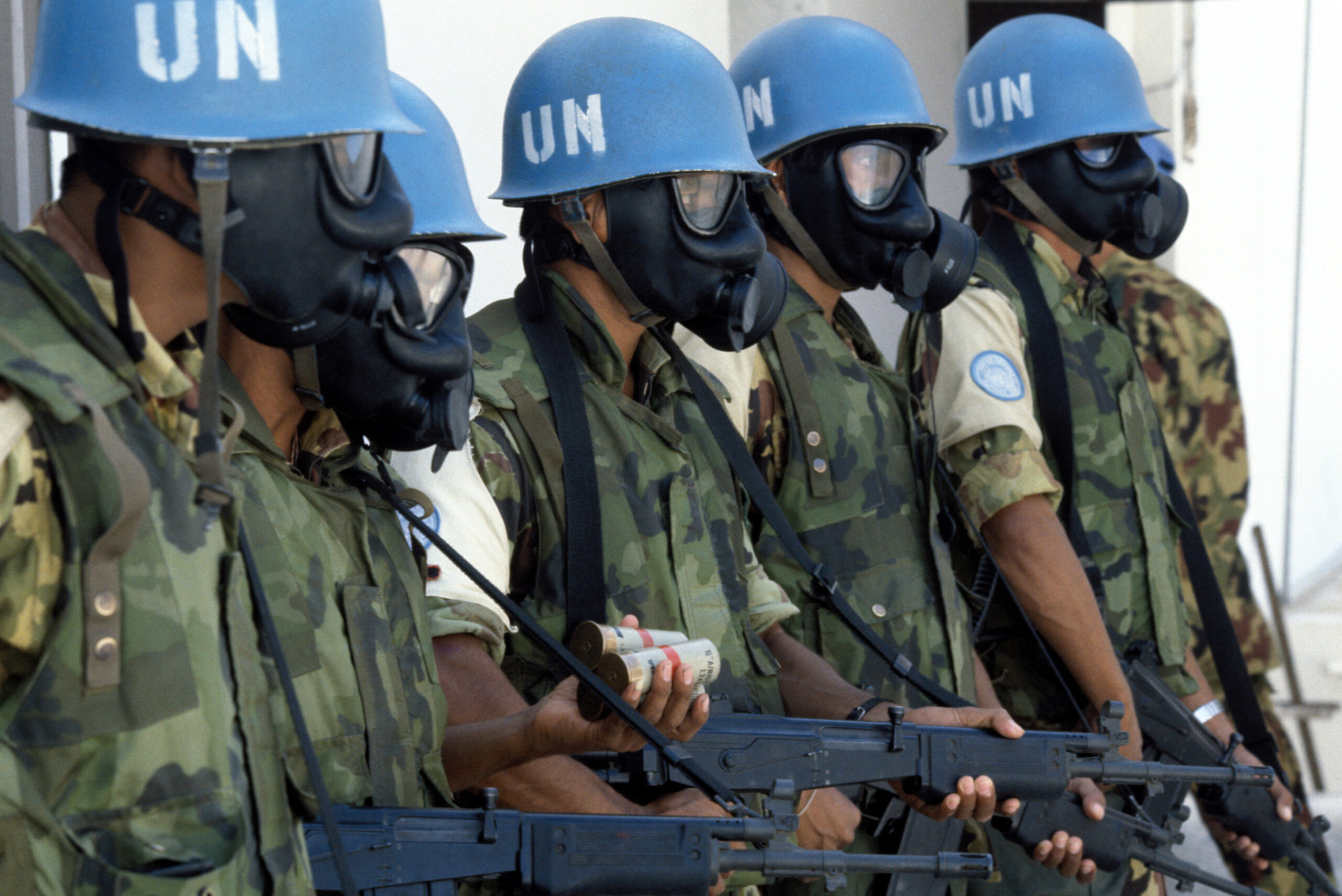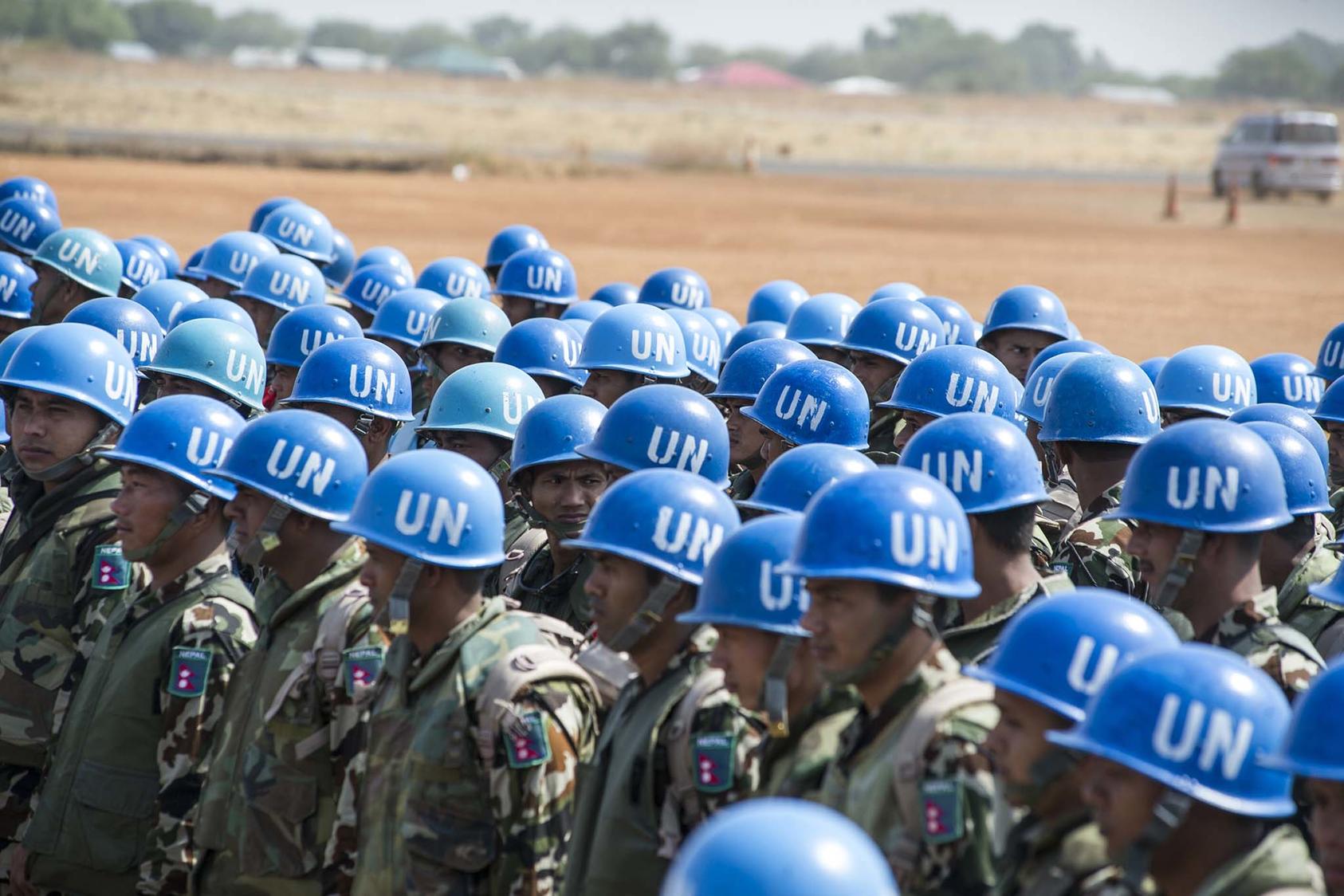By John Dedes,
If you have been a follower of my writing since the beginning, you would know that I am a fan of objective evaluation and a thorough understanding of every situation.
You might have also been aware that I have been vocal about the importance of the United Nations for the history of humanity.
And to be honest, taking into account how the UN adapted to the COVID-19 crisis, my faith in the organization has not altered by a hairsbreadth.
However, here comes my objectivity and my neutrality.
I love telling the truth as it is. I do not do the sugarcoated facts. And the truth is that the UN peacekeeping forces have to be fixed or withdrawn once and for all.
But when did everything turn left? When did we discover that the skepticism of the UN peacekeeping forces was justified? When did the ″army″ take the controversial turn?
Failed UN Peacekeeping Operations
After the end of the Cold War, the UN peacekeepers’ efficiency has declined in many ways and some events might have shown a lack of inability to find a firm policy in tackling significant problems in the international security system.
Srebrenica Massacre (Operation UNPROFOR)
The first critical security failure in Europe has been the inability to prevent the Srebrenica massacre during the Bosnian War between 1992 and 1995.

More specifically, although the UN peacekeeping forces had declared safety in the town of Srebrenica (eastern Bosnia), they could not demilitarize the Bosnian Army and prevent the paramilitary group and perpetrators of the event, the Army of Republika Srpska, from surrounding the small town.
Consequently, the UN soldiers, who were mainly of Dutch origin, did not stop the town’s capture and the genocide of more than 8,000 Bosniak Muslim men and boys.
Rwandan Genocide (Operation UNAMIR)
The second failure came during the same period, precisely in 1994 in Rwanda (East Africa).
The UN operation named United Nations Assistance Mission for Rwanda (UNAMIR) had been issued and functioning since the end of 1993 and it had the legitimacy to prevent any issue with the two sides of the Rwandan Civil War, the armed militias and their target, the Rwandan Patriotic Front composed by Tutsi and Hutu minority ethnic groups.
The commanders of the operation were aware of the Militias’ dominance and their mass plans for the extermination of Tutsi; the Department of Peacekeeping operations did not permit a raid for the illicit trade of weapons within the anti-Tutsi groups.
Interestingly, no side wanted a ceasefire agreement since the government was composed of Tutsi hate administrators and the Rebels knew that the killings would not stop without an agreement.
The operation had taken an observatory role and this was one of the main problems that would be avoided by a UN standing army; according to Chapter VI, there was not any permission for armed intervention.
More accurately, the chapter states that a solution should be sought through “negotiation, inquiry, mediation, conciliation, arbitration, judicial settlement, resort to regional agencies or arrangements or other peaceful means of their own choice”.
The most important country for providing this operation’s Blue Helmet soldiers, Belgium, decided to withdraw the troops after losing more than ten soldiers in the conflict.
The operation’s effectiveness degraded even further and a new reinforcement of the UNAMIR came in June of 1994, but the genocide had ended by July. Multiple accounts show different numbers, but most of them are within 500,000 to 700,000 Tutsis and Hutus.

Somali Civil War (Operation UNOSOM)
The third and ongoing problem with implementing the UN peacekeeping forces was in Africa and Somalia. More precisely, the Civil War that continues to take place in the country, found in Africa’s horn, has been a chronic issue that started in 1986 between the Somali democratic republic and the anti-governmental armed rebel groups.
The UN intervention came simultaneously in Bosnia, between 1992 and 1995, with an operation called the United Nations Operation in Somalia (UNOSOM) which originated after the country’s law collapsed.
Although the Chapter VI of the United Nations Charter would be an obstacle to intervention, the operation had acquired a mandate from the security council that permitted military action when necessary, according to Chapter VII.
The UNOSOM was trying to organize meetings with the rebel clans’ chiefs and aspiring to issue a cease-fire agreement. Nonetheless, when these attempts failed, the battle of Mogadishu was the nail in the coffin for the UN soldiers who, despite backing the primary US troops, underwent more significant casualties.
Along with other deaths of blue helmet soldiers in Somalia, there was an overall UN withdrawal from the country on the 3rd of March, 1995.

Human Rights Violations
Although the analysis of the particular role of the UN peacekeeping forces is focused on the military implementations and their efficiency when it comes to protecting human rights and ensuring peace in member states that are unable to do so, there are many parts of criticism and witnesses for human rights violations by the actual Blue Helmet guards.
The most prominent cases of the period analyzed come with a humanitarian crisis after the UN peacekeeping forces were implemented in Cambodia and Mozambique, which relates to children’s prostitution.
Of the 72 operations that the Security Council has implemented since the beginning of the Cold War, 12 of them included incidents of sexual abuse, unauthorized murders, and extortions; witnesses were directly accusing the Blue Helmet personnel.
Reports by the BBC, the Washington Post, the Daily Telegraph, and other journalists have shown more than 1200 cases of sexual abuse in the number of operations stated above (12) and more than 250 murders and extortions combined in the same cases.
Final Takeaways
It would not be wise to make unfair statements that the UN peacekeeping forces have not worked towards international security and the protection of countries and groups in danger.
The fact that there were some failures in the implementation of the first-ever UN military operations such as the success of peacemaking in Sierra Leone, between 1999 and 2005 or ensuring the Salvadoran Civil war peace agreement, in 1992, after 13 years of conflict.
Nevertheless, it is justifiable to say that the failures have overshadowed the successes after 1991. The UN peacekeepers have been prone to many limitations and many officials have been vocal about the solution being a strict military UN standing force.
Many issues have yet to be solved, however, and there is only one question that should be addressed; is the creation of a UN standing army the ultimate solution? Which problems could be solved and what are some remaining limitations of such a UN project?
If you want to read the 23-page research paper about The UN Role in International Security and the Creation of a UN Standing Army, do not hesitate to contact me!
References
- Nettelfield, Lara J.; Wagner, Sarah (2014). Srebrenica in the Aftermath of Genocide. Cambridge University Press
- Michas, Takis (2002). Unholy Alliance: Greece and Milosevic’s Serbia in the Nineties. Texas A&M University
- Barnett, M. (1997). The UN Security Council, Indifference, and Genocide in Rwanda. Cultural Anthropology, 12 (4), 551–578. jstor.org. Available here
- Trish Stratford (1996). Blood Money: The Incredible True Story of David Morris and the Tragedy of Somalia. Auckland: Penguin
- Bertram, E. (1995). Reinventing Governments: The Promise and Perils of United Nations Peace Building. The Journal of Conflict Resolution, 39 (3), 387–418.
- Uddin, Md. (2014). Human Rights Violations by un Peacekeepers. Security and Human Rights. 25. 130–144




